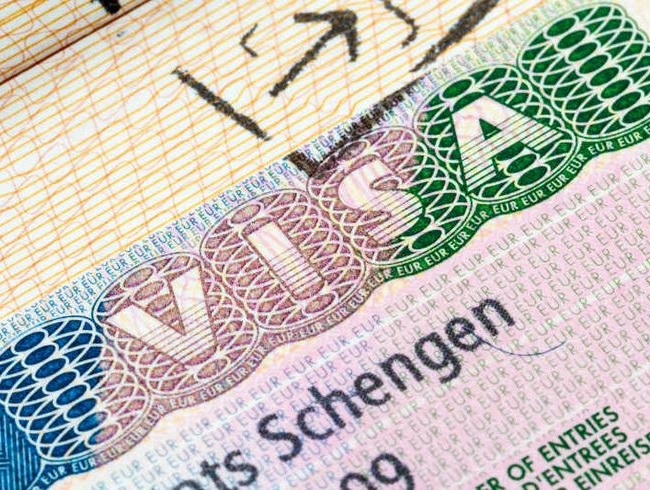Time Spent in Romania & Bulgaria Will Be Counted Towards Total Stay in Schengen, EU Says
KEY TAKEAWAYS
- Starting from March 31 this year, citizens of third countries without an EU passport will count their time in Romania and Bulgaria as time spent in the Schengen Area.
- Romania and Bulgaria are set to join the Schengen Area by air and sea from March 2024.
- The change will also impact Moldovans without EU citizenship, limiting the time they can spend in other Schengen Zone countries based on their stay in Bulgaria and Romania.
From March 31 this year, third-country citizens without a European Union passport will consider the time they spend in Romania and Bulgaria to be time spent in the Schengen Area.
Following the agreement between Romania, Bulgaria, and Austria on the latter’s proposal, “Air Schengen,” both Balkan countries will become part of the Schengen Area by air and sea from March 2024.
The new changes are expected to affect Moldovans without citizenship, among others, who often travel to Romania and other Schengen countries. It means that the more time they spend in Romania, the less time they’ll be eligible to stay in other Schengen Zone countries and vice versa.
Emphasising that once Romania becomes part of the Schengen Zone, nothing will change in the controls at the border with Moldova, after this is already the EU’s external border, the European Commission spokesperson for internal affairs, Anitta Hipper, told RFE/RL, that for Moldovans without EU citizenship, the time spent in Romania will be counted towards the total period of stay in the Schengen Zone, which cannot be longer than 90 days in 180 days.
Spokesperson Hipper said that from March 31, when Bucharest and Sofia will become part of Schengen by air and sea and start to issue visas, there will still be a change regarding short-term stays for third-country nationals.
Romania’s Foreign Minister, Luminița Odobescu, in an interview with RFE/RL, said that Bucharest hopes that land border accession will happen this year.
However, Austria’s Interior Minister, Gerhard Karner, recently said that his country continues to maintain its veto when it comes to land border accession, considering further expansion of the visa-free travel zone, in terms of land borders, inappropriate at this stage.
But Karner said the matter goes beyond Bulgaria and Romania, referring to the migration situation. Concerns related to irregular migration led Austria to oppose the membership of both these Balkan countries to Schengen in December 2022.
In December 2023, Bulgaria, Romania, and Austria agreed on an “Air Schengen” proposal consisting of four conditions for these two countries to join the Schengen Area.
Following the agreement by Member States on partial accession for these two countries to Schengen, the Council of the European Union earlier this month said the date for land border accession will be decided only after March 31, 2024.
Sofia and Bucharest are expected to begin issuing Schengen C visas from April 1. The Schengen C visa allows entry and stays in the Schengen Area for up to 90 days within a 180-day period for different purposes such as tourism, business, visiting family and friends, journalism and reporting, official visits, and study purposes, among others.

